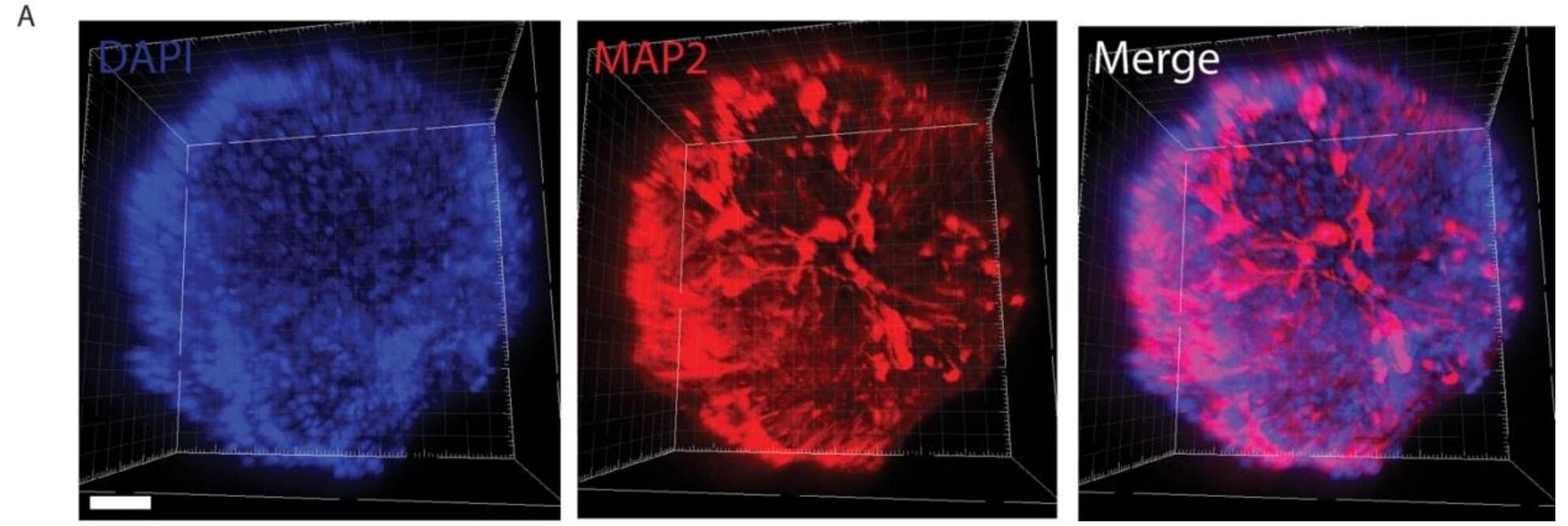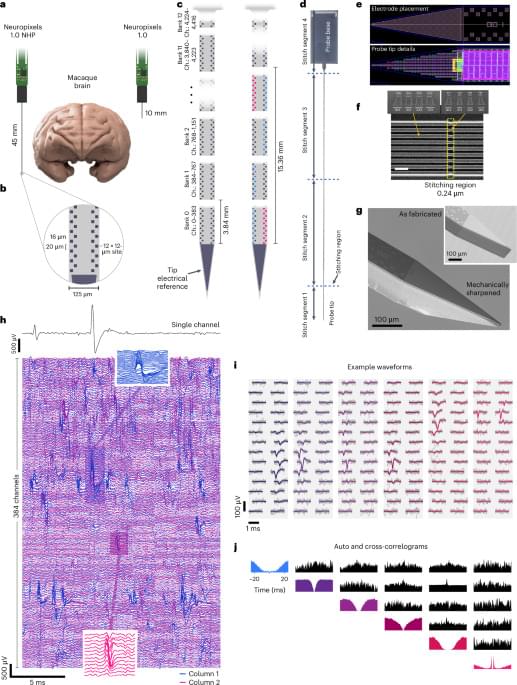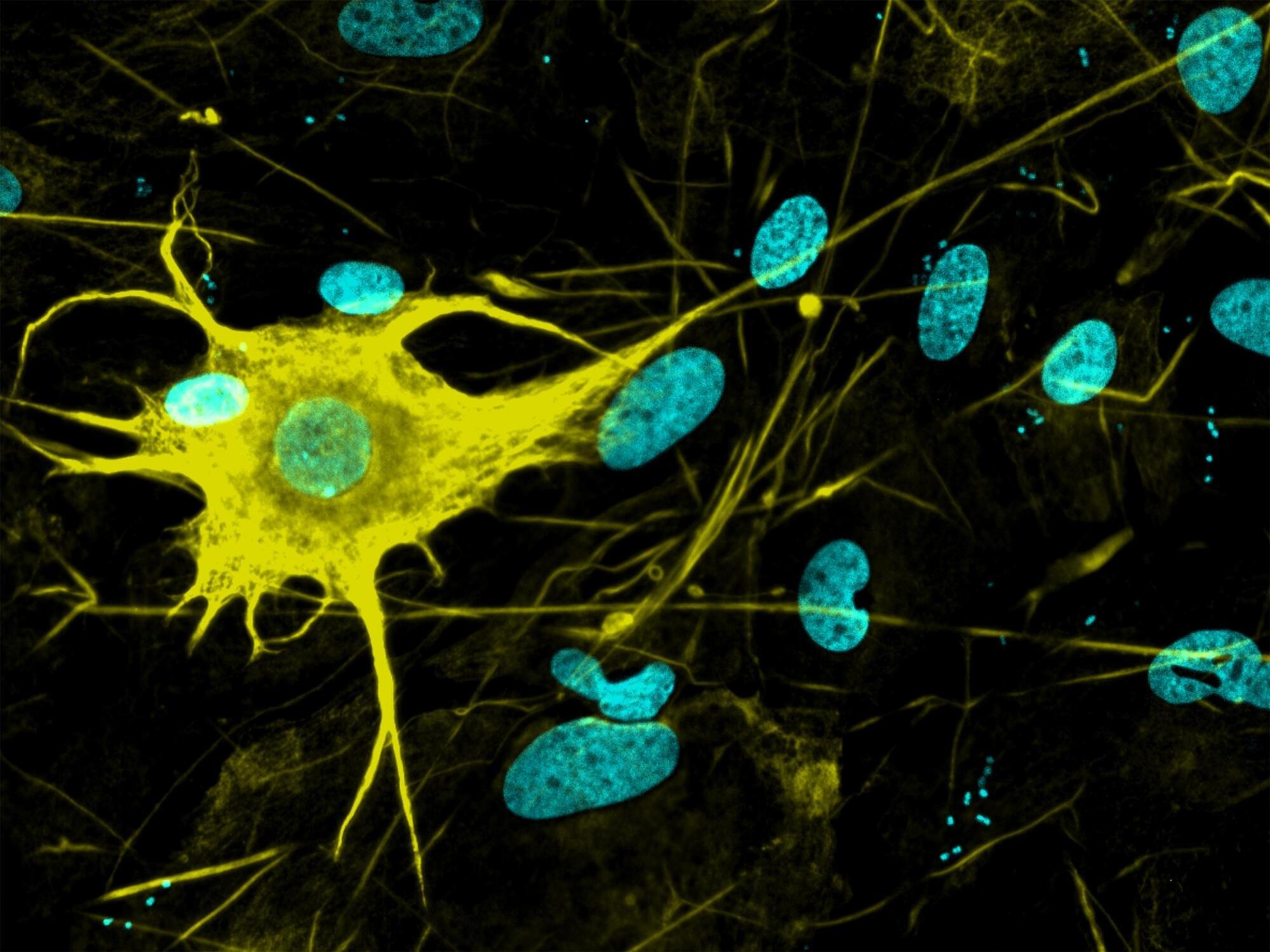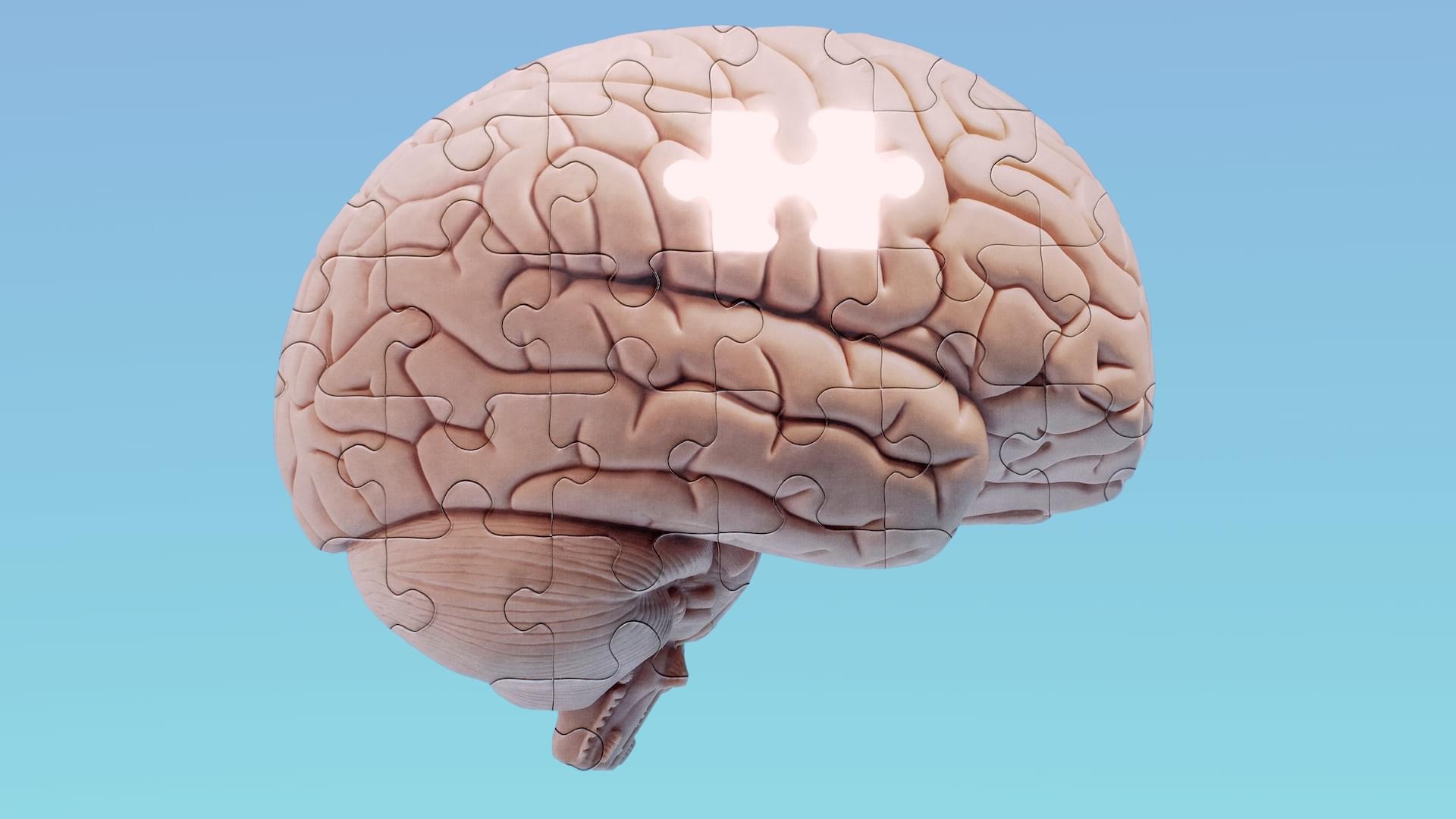Michael Graziano is a scientist and novelist who is currently a Professor of Psychology and Neuroscience at Princeton University. He’s a best-selling author and has written several books including “Consciousness and the Social Brain”, “Re-thinking Consciousness”, “The Spaces Between Us”, and much more. His scientific research at Graziano Lab focuses on the brain basis of awareness. He has proposed the “attention schema theory” (AST), an explanation of how, and for what adaptive advantage, brains attribute the property of awareness to themselves.
TIMESTAMPS:
0:00 — Introduction.
2:12 — Meet Dr Michael Graziano: The Consciousness Theorist.
6:44 — What Is Consciousness? A Deep Dive.
11:35 — The Illusion of Consciousness.
15:20 — Attention Schema Theory.
20:05 — Mystery of Self-Awareness and the ‘I’
25:10 — The Hard Problem vs. the Meta Problem of Consciousness.
30:55 — Social Awareness & Dehumanization.
34:20 — Effect of Social Media on Human Interaction.
38:05 — Role of Attention in Machine Consciousness.
41:55 — Creating an AI Mind: Step by Step Guide.
47:30 — Exploring the Building Blocks of Artificial Consciousness.
51:15 — AI Self-Perception: Can Machines Be Conscious?
56:10 — Challenging the Magical vs. Scientific View of Consciousness.
1:00:40 — Consciousness: A Choice Between Magic and Science?
1:05:12 — Attention in Machine Learning: A Closer Look.
1:10:55 — The Psychology of Human Perception.
1:14:20 — Social Awareness and the Digital Revolution.
1:18:35 — Conclusion.
EPISODE LINKS:
Michael’s Website: https://grazianolab.princeton.edu/
Michael’s Books: https://tinyurl.com/2eufd62r.
TED-ed \








